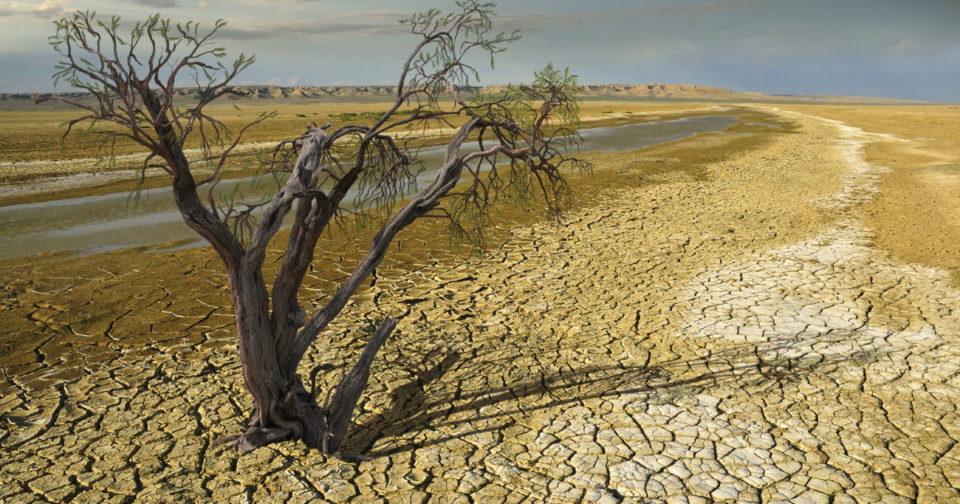By Prisca Sam-Duru
The United States recent intelligence report has warned countries about a possible international tension due to climate change.
The first ever National Intelligence Estimate on Climate Change observes the impact of climate on national security through to 2040.
According to a BBC News report, it is likely that countries will debate over how to respond as the effects of the change will be felt most in poorer countries, which are least able to adapt.
The report which revealed that Chad is one of several countries mentioned in the assessment as threatened by climate change, also “warns of the risks if futuristic geo-engineering technologies are deployed by some countries acting alone.”
The 27-page assessment which is the collective view of all 18 US intelligence agencies is their first such report on what climate means for national security.
BBC News further reports that the intelligence report, presenting a picture of a world failing to co-operate, leading to dangerous competition and instability, has been issued just ahead of President Joe Biden attending next month’s COP26 climate summit in Glasgow, which is seeking international agreement.
It warns that “countries will try to defend their economies and seek advantage in developing new technology. Some nations may also resist the desire to act, with more than 20 countries relying on fossil fuels for greater than 50% of total export revenues.”
A decline in fossil fuel revenue would further strain Middle Eastern countries that are projected to face more intense climate effects. “Soon,” it warns, “the impact of climate change will be felt around the globe.”
A total of 11 countries and two regions have been identified so far as where energy, food, water and health security are at particular risk. These countries and regions are poorer and less able to adapt, thereby increasing the risks of instability and internal conflict. In addition, heat waves and droughts are more likely to put pressure on services such as electricity supply.
“Five of the 11 countries are in South and East Asia – Afghanistan, Burma, India, Pakistan and North Korea – four countries are in Central America and the Caribbean – Guatemala, Haiti, Honduras and Nicaragua. Colombia and Iraq are the others. Central Africa and small states in the Pacific are also at risk,” the report says.
It further warned that “instability could spill out, particularly in the form of refugee flows, with a warning this could put pressure on the US southern border and create new humanitarian demands.
“Access to water will also become a source of problems. In the Middle East and North Africa, about 60% of surface water resources cross boundaries. Pakistan and India have long-standing water issues. Meanwhile, the Mekong River basin could cause problems between China and Cambodia and Vietnam.”
The intelligence report also identified another source of risk which is that “a country might decide to use geo-engineering to counter climate change.
“This involves using futuristic technology, for instance, sending reflective particles to the upper stratosphere which mimic the cooling effects of a volcanic eruption or using aerosols to cool oceans in a particular area.
“Researchers in several countries, including Australia, China, India, Russia, the United Kingdom and the United States, as well as several EU members, are looking at these techniques but there are few rules or regulations.”
The good news, however, according to the report, is that “there are some ways this bleak future might be avoided. Breakthrough technologies, including accepted use of geo-engineering, are some. Another is a climate disaster which acts as a spur for greater co-operation.”
The report is a sign that climate is now a central part of security thinking and that it will intensify existing problems as well as create new ones. The new intelligence estimate as documented sets out the severe problems that lie ahead; but what is worrisome is how policymakers will respond to the warning.
As the world prepares for the COP26 global climate summit in Glasgow in November, which is seen as very crucial if climate change is to be brought under control, about 200 countries are being asked for their plans to cut emissions. This situation could lead to major changes in people’s lives.


